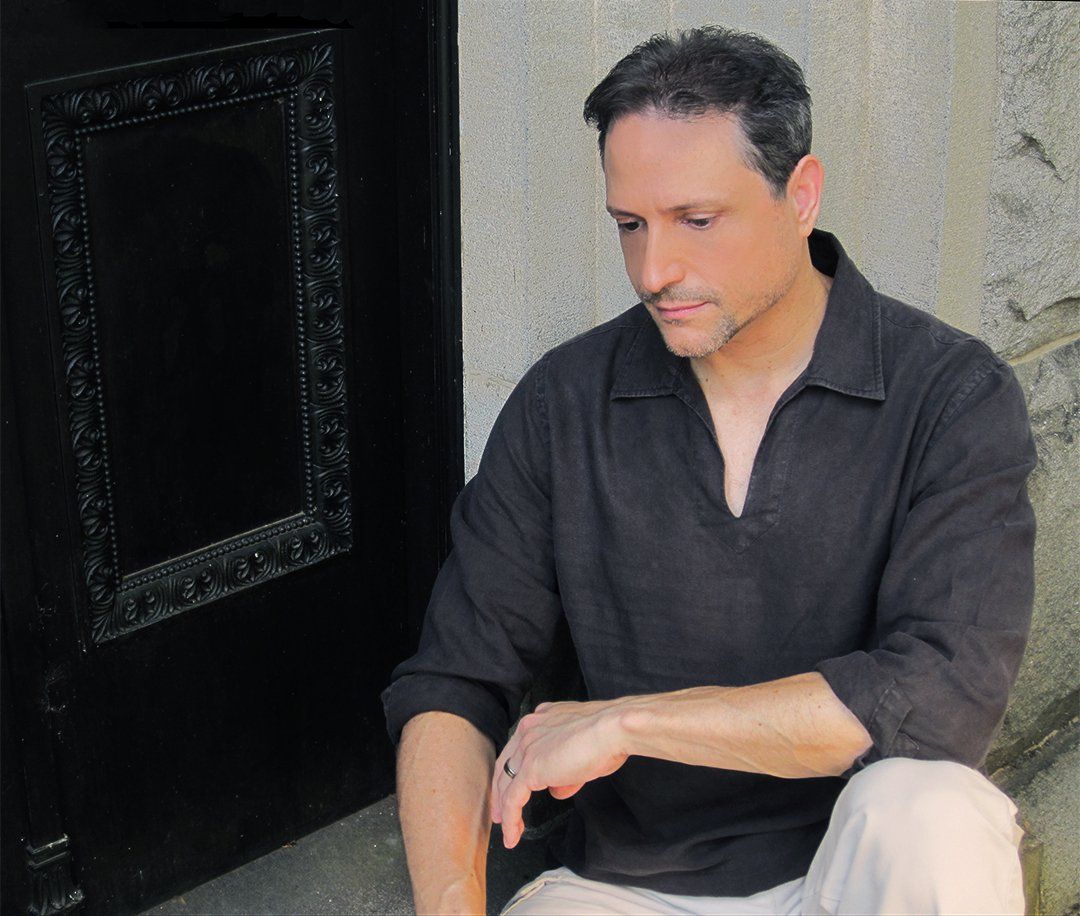Articmist
with Jorge Sergio
November 2010
Al Conti’s story is that of someone who found his vocation early in life and was influenced by the diverse cultures to which he was exposed. Al has four albums already to his credit. He was very kind to grant this interview to Articmist about his latest project Northern Seas.
AM:
Although you now reside in Vermont, you grew up in Argentina. Tell us about your artistic beginnings there? Did you grow up in an artistic family? How is your music influenced by those years?
AC:
Hello Jorge Sergio, I am very happy to be with you. Yes, I was born and raised in Argentina and lived there until I was eighteen years old. I also lived in Italy, where I have family. My artistic beginnings came very early in life. When I was three years old, I announced to my parents that I was going to be a ‘dramatic actor.’ My parents always supported me. My mother had been a classical ballerina, my grandfather a concert pianist and my father a writer whose poems have won awards in several countries including Spain. My favorite toys as a child were records of all kinds of music. Those records were either my own, my parents’ or my sister’s which, much to her dismay, I listened to without her permission. Still, acting was what called me. I never imagined music would end up being my career.
AM:
Do you find the label ‘New Age’ is adequate to describe your style?
AC:
A little yes, a little no. Sometimes I feel like the label ‘New Age’ limits me in some ways and maybe this is why my work has shifted and is probably better described now as ‘World.’ My music reaches a much larger audience I think now.
AM:
Scheherazade, your previous project, includes Middle Eastern references and uses instruments such as the sitar, and Northern Seas has been inspired by Scandinavian mythology. Do you travel much and does this help you focus on what projects to compose, or does your work influence your travel?
AC:
Currently, my greatest wish seems to be to stay at home, since I have traveled from the time I was young. The truth is that I am not sure what it is that inspires me to compose. Sometimes I feel like I relive my past lives with each album I compose! As a child I used to love the stories and exotic legends from parts of the world I found very magical.
AM:
What inspires you to compose?
AC:
I know that when a concept takes me over, it will not go away. This is how it was with Scheherazade and Northern Seas. Ultimately, my goal is to compose an album that satisfies me as an artist, without diverging from the original concept.
AM:
Your latest project Northern Seas has received great reviews. As a multi-instrumentalist, are you completely responsible for your sound, which is uniquely yours, or up to what point (or not) is it important to you knowing how to play each instrument?
AC:
Well, I always want to know how each instrument works so I can know how it will make its place within each composition. And, of course, depending on the theme of an album I remain within the spectrum of the ethnic instruments without limiting myself. It is thus that I can define which are the instruments that I will use myself, and which will be played by guest artists. What I love about working with other musicians is that each brings with them their own unique talent and energy, something very important to me. Collaboration is always a very positive thing for me; as I often like to say, an artist does not work alone.
AM:
This will probably be a very predictable question, still I cannot help myself but to ask you if the Argentine Tangos form part of your musical past, at least as a listener.
AC:
Growing up in Buenos Aires and not being surrounded by Tangos is like living in Switzerland and not bumping into the Alps. As a child I was very influenced not only by Tangos and other Argentinean folkloric music, but also by world music, especially European, since my family’s background is Spanish, French, Italian and German. The Argentina in which I grew up (in modern times it has changed much due to Americanization) was very influenced by European culture.
AM:
Thank you, Al. You have been very kind.
AC:
Thank you, Jorge, and the work you do in support of music.


